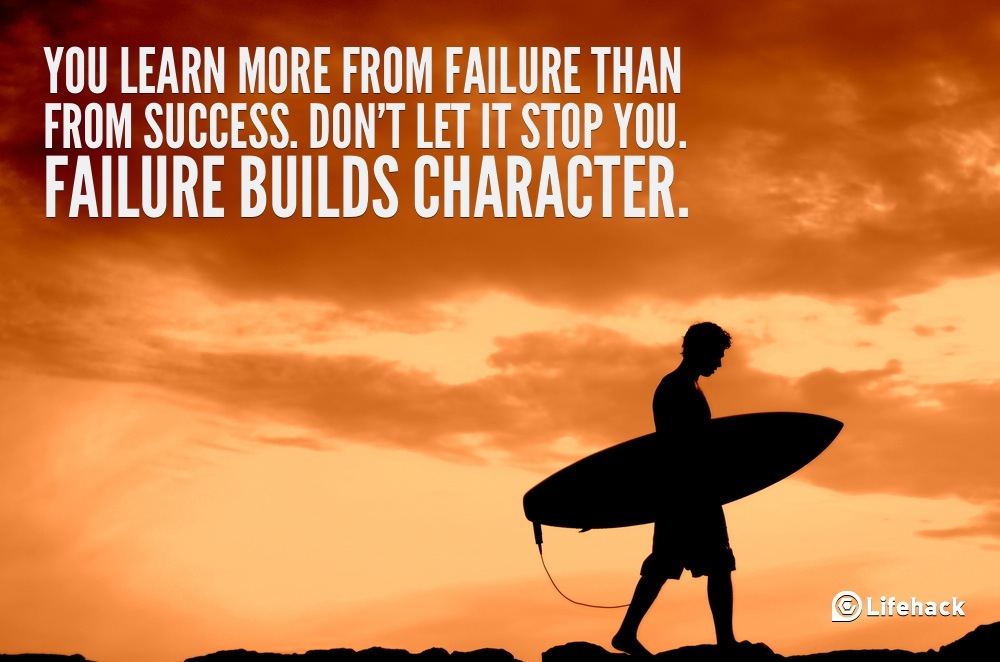One major hurdle that many entrepreneurs face is the fear of failure. Will my product sell? Will I be able to pay my investors? Will I be a good leader? If you are an entrepreneur, I’m sure these are just a few of the many questions that have come to mind while running your business.
That fear of failure is often what makes aspiring young entrepreneurs head back to their warm and cozy corporate jobs. So, how do we push past this fear?
With the glass-half-full mentality, we should look at failures as learning opportunities. This realization hit me hard while crafting my monthly public newsletter this past Thanksgiving. While writing, I kept thinking, “what am I most grateful for in my enterprise?”
After pondering this question for a while, I discovered that my most memorable (and cherished) moments in my first couple years at The Global Good Fund came from the ashes of our team’s multiple failures.
It took me a while to reach this point, but I am incredibly thankful that I’m now at the place in my career (and with my enterprise) where I can laugh in the face of failure… well, almost!
To help you get past your fears as a young entrepreneur, here are some tips for embracing fear:
Fail fast
Don’t take years to evaluate whether or not you have failed in a particular area of your business. Always be taking risks and quickly evaluating the outcomes, ideally on a quarterly basis, if not more frequently. When our enterprise first launched, we investigated various IT systems to track and align our internal processes. Unsure which IT system was best suited to the needs of running a social business, we piloted our first IT system for several weeks, evaluated the product as it fit with our needs, and found the system was too advanced for our stage of existence. We nixed the first IT system and turned to our next option, which has been a great fit for our enterprise ever since. Our lesson was to fail early and fail fast. This failure resulted in my colleagues taking calculated risks that consistently push the envelope.
Make your failures public
Whether it is in a team or board meeting, a public-facing communication, or even social media, share with your team and others when you have failed. I decided to seize the meaningful opportunity to express gratitude for our enterprise’s failures in our Thanksgiving newsletter. Some may think a formal newsletter is a bizarre platform to highlight your enterprise’s failures. However, if others see that you embrace failure and grow from it, they will have more confidence that your enterprise listens to the concerns of its customers, stakeholders, and employees – and they will have more confidence that your business will succeed in the long-run. Our transparency at The Global Good Fund has strengthened our relationship with our stakeholders.
Map out what you learned
How exactly did you fail and WHY? Take into practice the “5 Whys” iterative question-asking technique to understand the cause-and-effect relationships underlying your failure. By doing this, you will understand what exactly went wrong and how you can learn from mistakes so they don’t happen again.
Map out how you plan to grow from your failures
You failed fast, you shared your failure with others, and you learned from this failure. Now, take the next step and map out how you are going to grow from your failure to change future outcomes. What is your next immediate step to move forward from this failure? And to hold you and your team accountable, tell others how you are going to change your processes in the future for greater chances of success!
End on a high note
After you own up to your failures and map a future growth plan for your organization, be thankful for your failures. By staying positive, you demonstrate to your team that it’s OKAY to take calculated risks and fail in the process. I personally remain thankful and humbled that my organization is a safe space surrounded by colleagues, board members, coaches, advisors and investors who are not afraid to fail together. As a result, we are empowered to grow and learn collectively.
Being comfortable with failing is the key to success in any startup. Experiencing failure in a positive light will help you and your team achieve renewed emphasis and focus on your brand and for your long term goals as an enterprise.
Your turn: How do you currently face failure as a young entrepreneur? What will you do differently to face failure in 2014? Please share your tips with us!
Carrie Rich is the co-founder and CEO of The Global Good Fund, an organization dedicated to investing in the leadership development of high potential young entrepreneurs committed to social impact. Carrie enjoys photography, other people’s cooking and jogging, on occasion.





